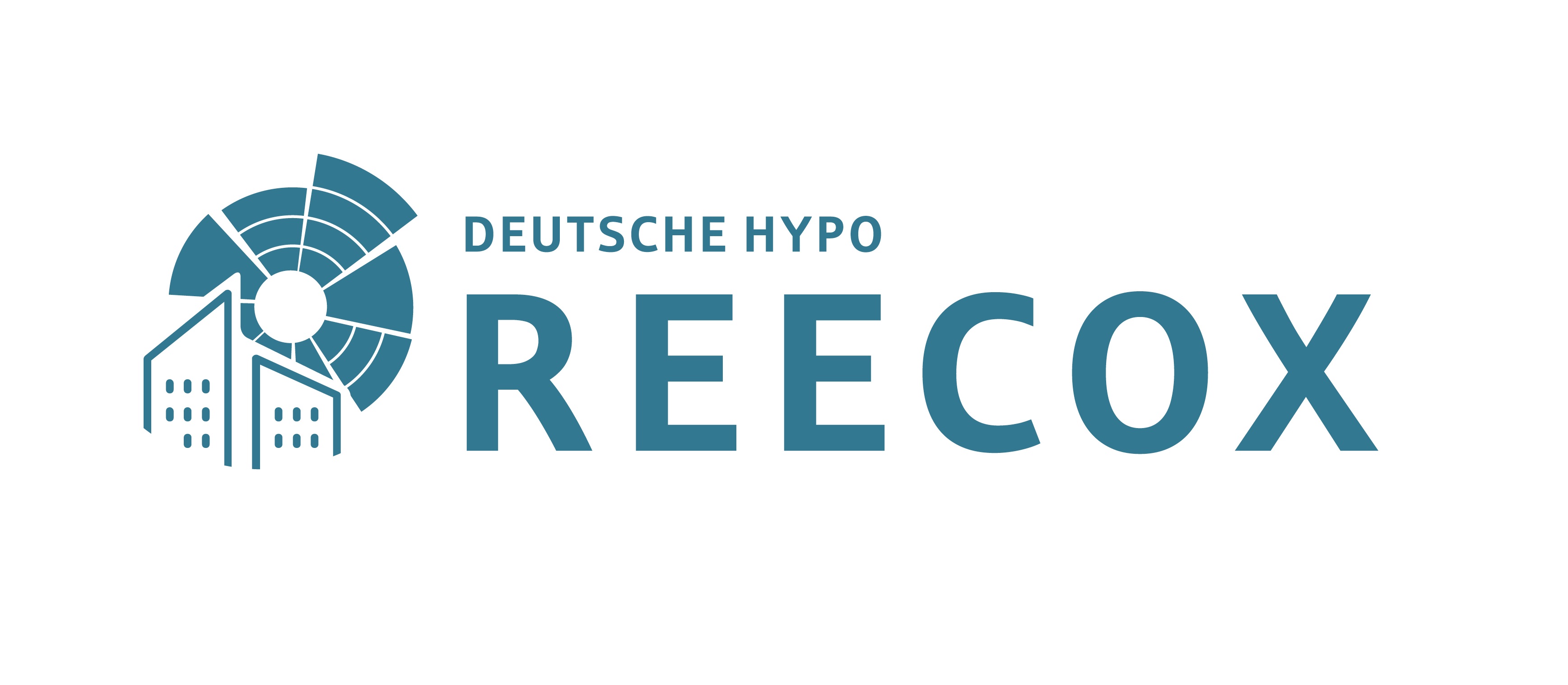Deutsche Hypo REECOX down 6.0 % to 320.6 points
The new year did not trigger a reversal of the negative performance recorded by the German real estate index in late 2021, with the REECOX Germany posting losses in all three months of the first quarter of 2022. All in all, the index recorded a significant drop of 6.0 % to 320.6 points.
Frank Schrader, Managing Director Deutsche Hypo – NORD/LB Real Estate Finance: “The war in Ukraine – the further course and impact of which are anyone’s guess – played a significant role in the downturn, which comes on the heels of a gradual recovery from the effects of the coronavirus pandemic. Shortages of materials and labour are also causing problems. The real estate market is feeling the pinch. Rising prices are having an additional effect, and close monitoring of inflation (following its sharp rise in recent months) and interest rate policy will remain essential.”
Once every quarter, the REECOX provides an overview of real estate market activity in Germany, France, the UK, Poland, Spain and the Netherlands. The index for each of the six countries is calculated using five input variables. In Germany, those variables are the DAX, the DIMAX, the European Commission’s Economic Sentiment Indicator (ESI) for Germany, the basic rate of interest pursuant to Section 247 of the German Civil Code (BGB) and the interest rate for ten-year German government bonds. Input variables were negative across the board. The German real estate index DIMAX again recorded a substantial decline, losing 11.5 % to stand at 805.5 points. The German blue-chip stock market index DAX also saw a significant 9.3 % drop, bringing it down to 14,415 points. The business climate, as monitored by the Economic Sentiment Indicator (ESI), posted moderate losses by comparison. Overall, the indicator fell by 2.1 % to 109.2 points in the first quarter.
Peter Kleinhütten, Head of the Düsseldorf office, says: “As the current situation shows, the risk of the German economy suffering a setback is higher than for other European countries, due to its strong dependence on foreign markets and export activity. Concerns are already mounting on the real estate market in connection with the fear of further interest rate hikes and the increasing interest in alternative investment opportunities, to name just two factors.”

